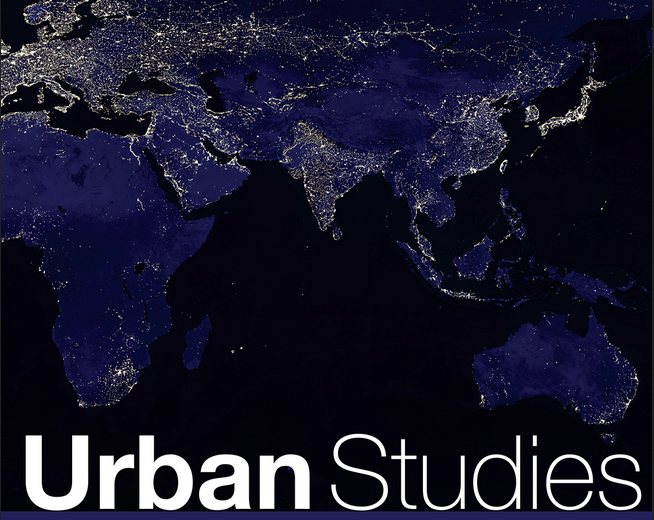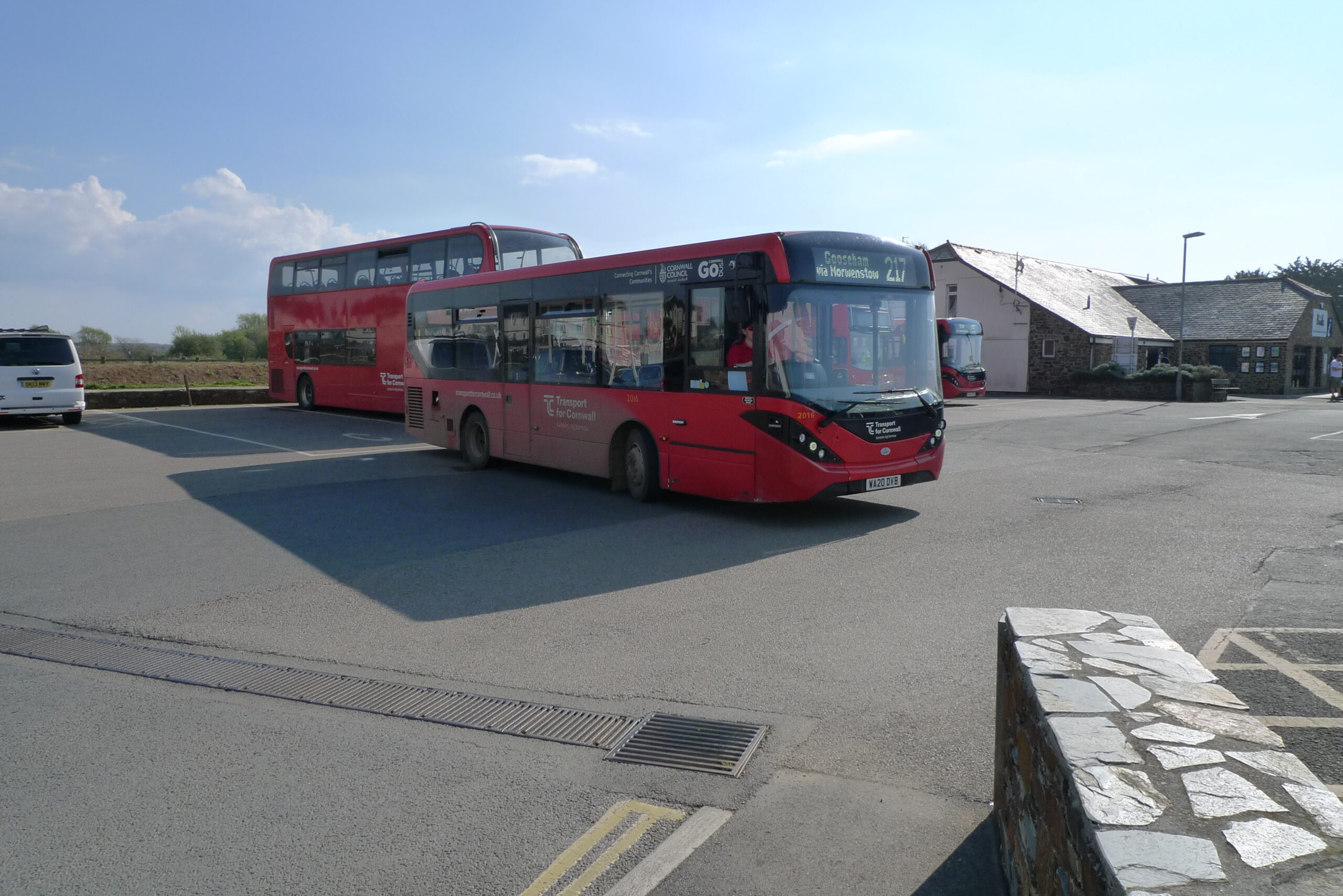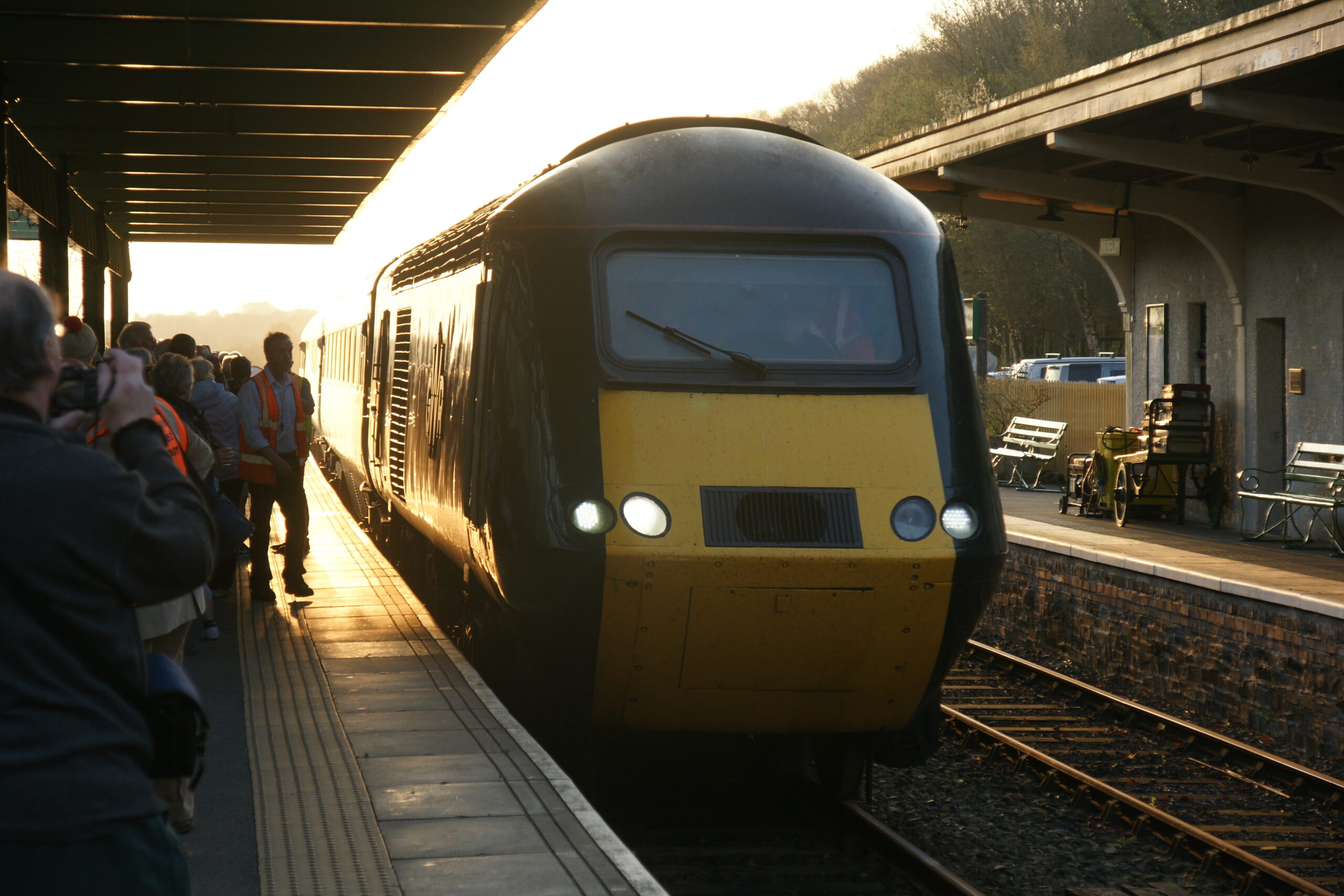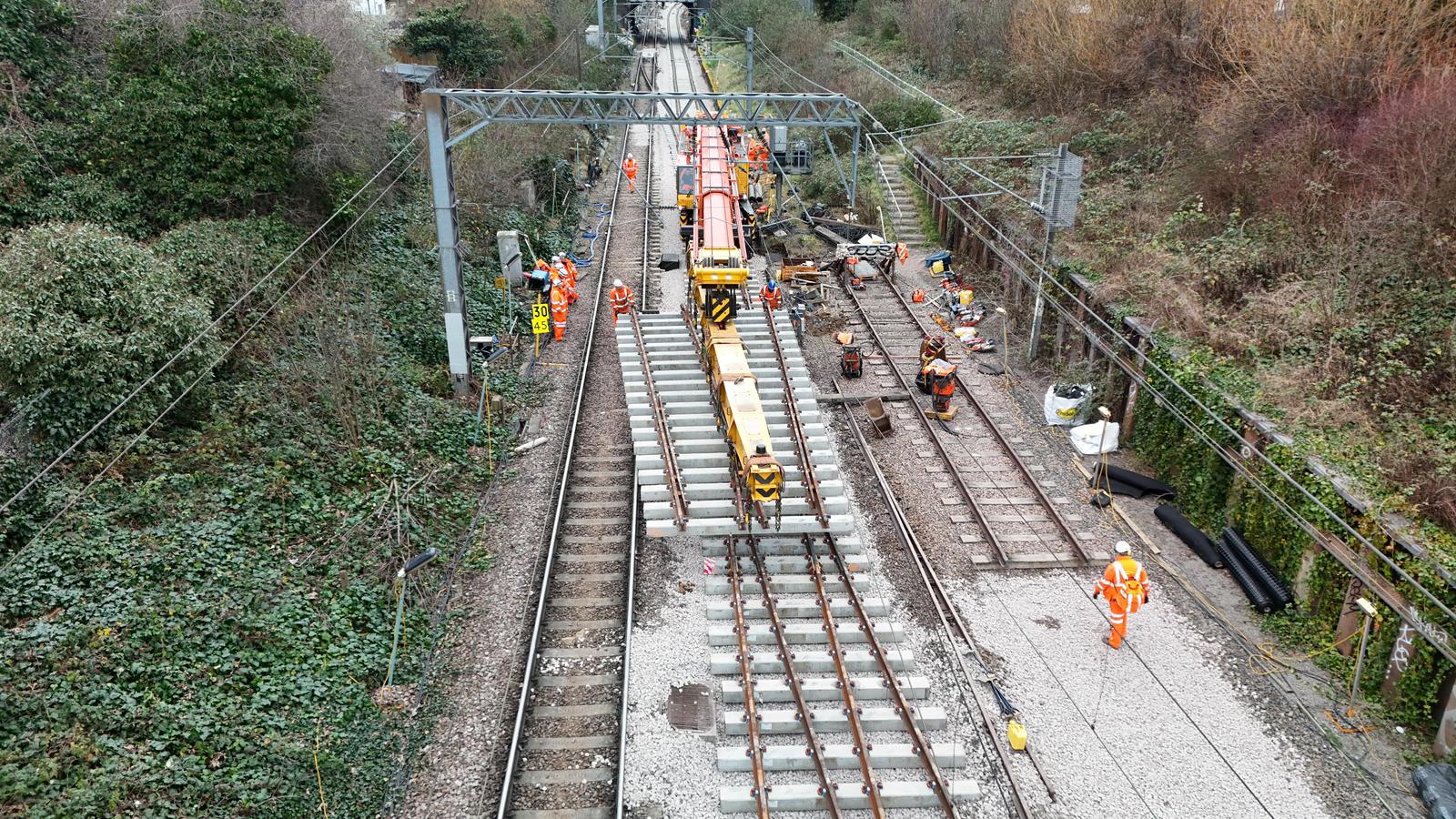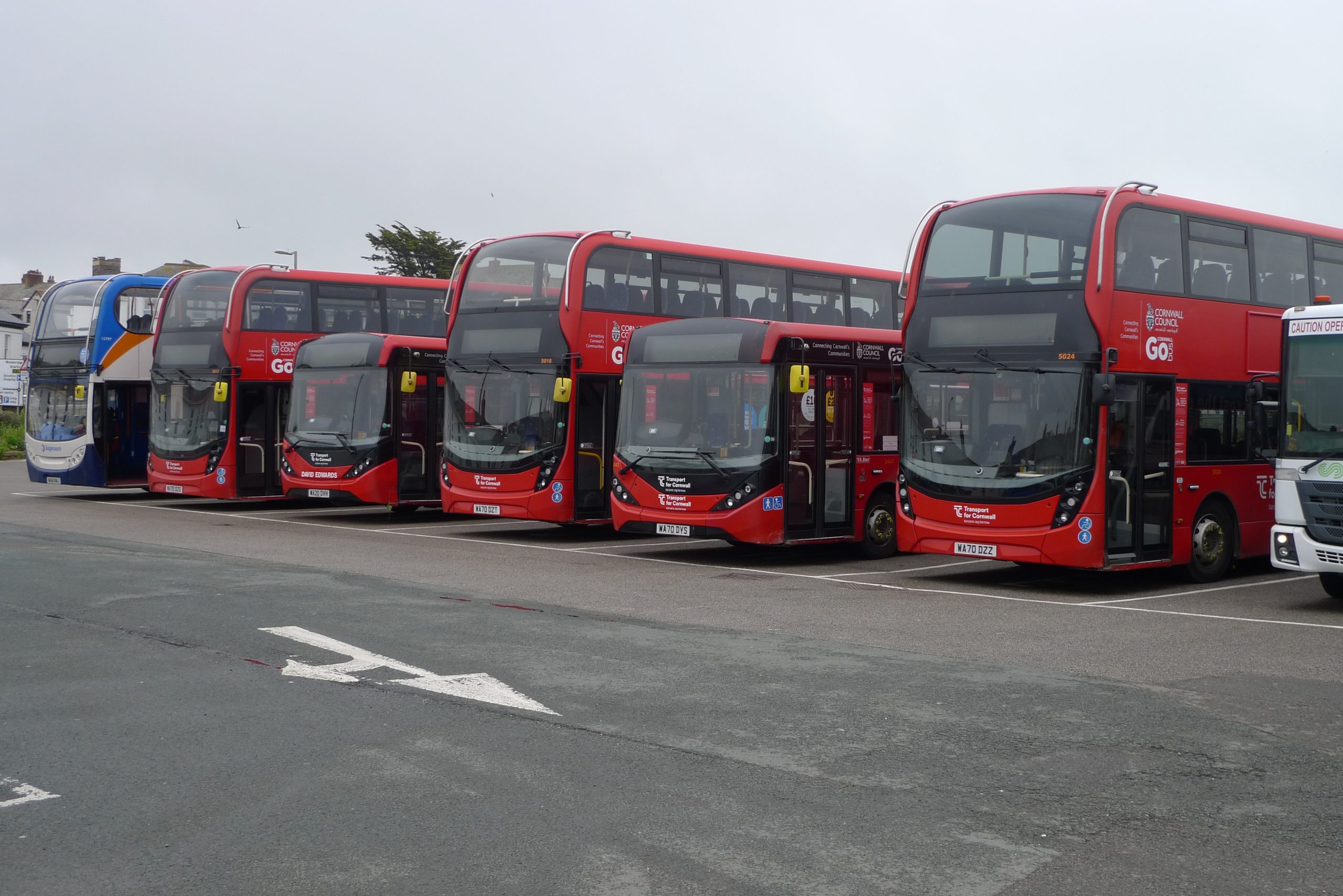Published in May 2021, a study in Urban Studies continues to shed light on how improving public transport access can increase employment opportunities, especially in underserved areas. While urban areas see the direct benefits of accessible, frequent public transport, rural towns stand to gain perhaps even more profoundly. By creating links between isolated areas and job hubs, public transport becomes more than a convenience—it transforms lives, opening pathways to employment, education, and community vitality.
Study Findings: Data-Driven Evidence of Public Transport’s Impact
This study, conducted using data from the UK’s Office for National Statistics (ONS), combined insights from datasets like the Labour Force Survey and Business Structure Database with public transport travel data. The researchers created a custom metric to assess how public transport accessibility impacts job attainment and employment rates. By evaluating accessibility levels across various regions, they found a clear trend: where public transport access improves, employment opportunities rise, especially for groups who depend on public transport due to income, age, or lack of educational opportunities.
For rural communities like Bude, where car ownership may not be feasible for everyone, improved public transport access could provide crucial links to jobs in nearby areas. The data revealed that job accessibility via public transport was particularly significant for lower-income neighborhoods, where individuals could substantially benefit from shorter, affordable commutes to employment opportunities. In rural and semi-urban regions, public transport investment could be pivotal in reducing unemployment, improving job security, and supporting an inclusive economy.
Why Rural Areas Like Bude Would Benefit Most
While cities often have extensive networks of public transport, rural towns like Bude face significant connectivity challenges. The limited options in North Cornwall mean that residents may struggle to find reliable, frequent, and affordable ways to reach job centers. For Connect Bude, these findings reinforce the importance of lobbying for better transport services, from potential rail restorations to more dependable bus routes. Reliable transport can lower the economic and logistical barriers many rural residents face when job-seeking.
Increased public transport access would enable a range of opportunities for residents. Young people, who may not have immediate access to a vehicle, would gain independence to seek work or training outside of town. Additionally, older residents, families, and those on low incomes would find it easier to reach essential services, healthcare, and educational opportunities. With enhanced transport options, Bude could become a more economically resilient community, where residents are empowered to participate in the workforce and contribute to local prosperity.
Public Transport as a Catalyst for Rural Economic Revitalization
Connect Bude’s advocacy for expanded public transport services, particularly rail, aligns with the study’s recommendations for targeted investment in transport infrastructure. In rural areas, even modest improvements—such as more frequent buses or the integration of multiple transport modes—can lead to a notable rise in employment outcomes. The data also suggests that public transport provides far-reaching benefits by reducing the need for car dependency, decreasing traffic, and supporting environmentally friendly travel options.
If North Cornwall were to restore rail services, local businesses could attract talent from a wider area, and workers would have access to better employment opportunities beyond local job markets. This would make Bude a more attractive place to live and work, as improved accessibility draws in new residents, businesses, and services.
Building Bude’s Future Together
As Connect Bude continues its campaign for better transport links, the findings of this study underscore how pivotal transport is for community development. Public transport isn’t just about moving people; it’s a means of building opportunity, strengthening the workforce, and supporting sustainable growth. Advocating for more accessible public transport options in Bude and the surrounding areas will help create a vibrant local economy where residents feel empowered and connected.
This study’s insights serve as a powerful reminder of the potential in every rural town. When communities like Bude are connected by public transport, they gain access not only to jobs but to brighter futures. With renewed transport options, Bude can thrive as an inclusive and economically resilient community, ready to embrace new opportunities.

